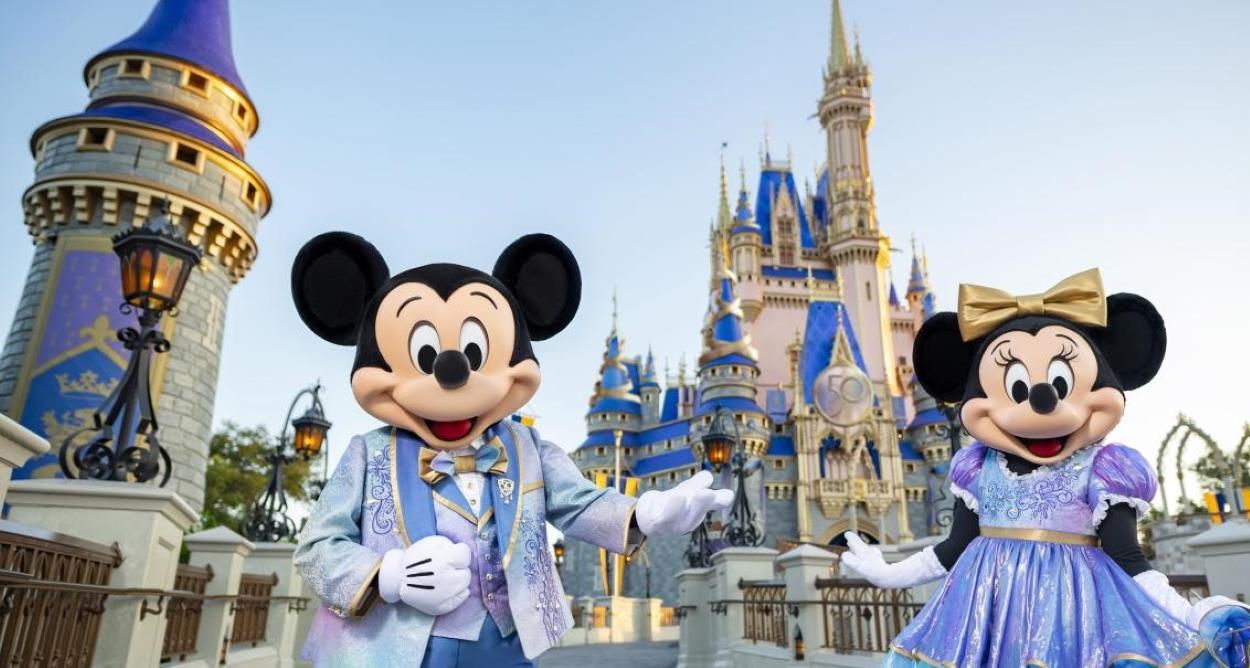Walt Disney DIS.N is establishing a new unit to oversee the company’s adoption of emerging technologies, such as artificial intelligence (AI) and mixed reality, as it seeks to innovate within its film, television, and theme park divisions.
This new Office of Technology Enablement, led by Jamie Voris, will coordinate efforts across the company to ensure technological initiatives align with Disney’s strategic goals. Voris previously led the development of Disney’s application for the Apple Vision Pro mixed reality device.
Disney Entertainment Co-Chairman Alan Bergman emphasized the significance of these technologies, stating, “The pace and scope of the advances in AI and XR (extended reality) are profound and will continue to impact consumer experiences, creative endeavours, and our businesses for years to come — making it critical that Disney explore the exciting opportunities and navigate the potential risks.”
Bergman added, “The creation of this group underscores our dedication to doing that.”
The unit will focus on rapidly evolving tech areas like AI and mixed reality, which integrate physical and digital elements. It will not centralize these projects but will ensure they complement Disney’s broader strategy.
Reuters reported that Disney had previously established a task force to investigate AI’s potential across its vast entertainment enterprise.
Various divisions within Disney are currently exploring augmented reality, which integrates digital elements into the real world, virtual reality, which creates a completely immersive experience, and mixed reality which combines aspects of both.
Disney continues to develop internal expertise to leverage these technologies effectively.
For instance, Kyle Laughlin, a Disney veteran experienced in augmented and virtual reality and AI, rejoined the company in March as the senior vice president of research and development for Walt Disney Imagineering. He had left in 2019 to lead Amazon’s Alexa Gadgets division.
As tech companies like Meta and Snap introduce new generations of lightweight, fashionable AR/VR glasses, Disney is assembling a team to explore how these technologies can enhance theme park attractions and home entertainment options.
According to market research firm IDC, approximately 1.7 million AR/VR headsets have been sold this year, with Meta leading the market with a 60.5% share. However, competition from companies like Sony, Apple, and ByteDance is increasing.






